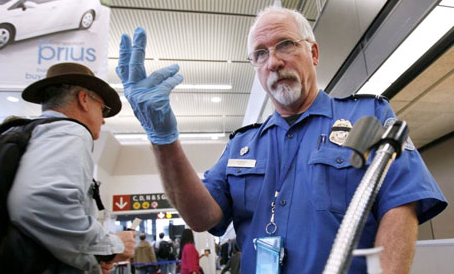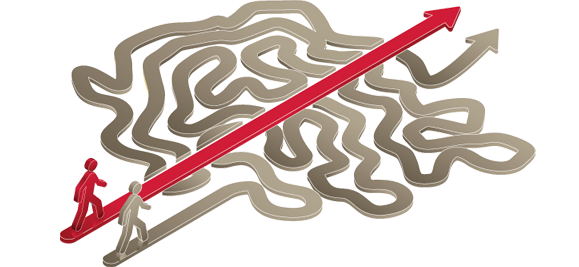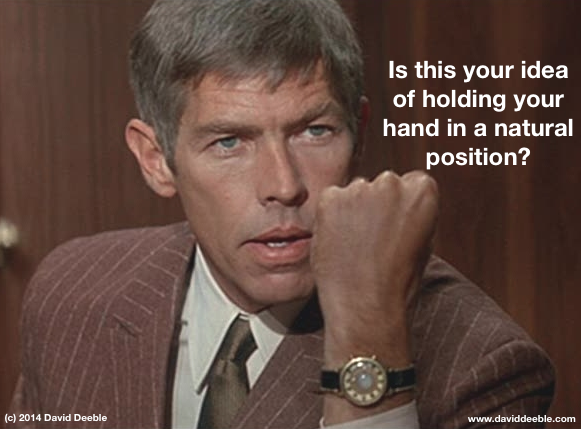
We speak of fear of failure but we really should speak of fear or failure, as that is the choice we are faced with when considering starting something new. I take a tragic view of life – I read the papers, as we used to say. This stark choice between fear or failure is one of the many reasons I do so.
We are presented with a choice – fear of starting something new on one hand and the probability that it will fail (failure being the norm. More tragedy!)
But with failure comes the possibility of success.
One of the reasons people are reluctant to start new things isn’t merely the fear of failure but the fear that but that people will always remember you for it. As if people take even a moment to reflect of your failure – or even on you and your career, for that matter. People are more or less like you. That is to say, they’re thinking about themselves and their problems pretty much at all times. You’re not even priority number two on their list. 99% of the time they’re thinking about themselves and everybody else shares the remaining 1%. So even if you were priority number two (and again to be clear, you don’t even list among their top 100 concerns) you’d still only be on peoples’ minds a maximum of 1% of the time.
The masses just aren’t that into you. Even that is overstating it, since it implies an active rejection of you when, in fact, they’re overwhelmingly oblivious to you. So what do you really have to lose by creating something new?
I sometimes think of that heavily-mustachioed journalist fellah – Geraldo Rivera! – and the time he hosted a live – what was it, 30-minutes long? – tv show about a vault in a Chicago basement or someplace. Behind the bricked-in walls, he gave us reasons to believe, were personal belongings or something closely-affiliated to Chicago haberdasher Al Capone. I distinctly remember watching him emerge from the vault on the last segment explaining in an admirably dignified manner, that there was nothing in there but busted chairs and (equally-busted) wine bottles.
Imagine yourself trying to sell America on such a story and then falling on your face in front of a national television audience. Live. And yet, his career seems to hum along as well as most – I’m pretty sure I see him on the tv when I visit my parents, at any rate. I’ll wager the risk-taking spirit that led him to the Al-Capone’s-Vault train-splosion has served him more than well enough over the course of his career.
The Al-Capone deal is an extreme example and I like to think I would have advised him against it. Fail early, often and cheaply, as they say. Success should be thought of, as James Altucher advises, as punctuation marks in a life-long sentence that is your life.
Do you feel paralyzed with fear of failure? Tell me what you think in the comment section below.
Return to www.DaviDDeeble.com









